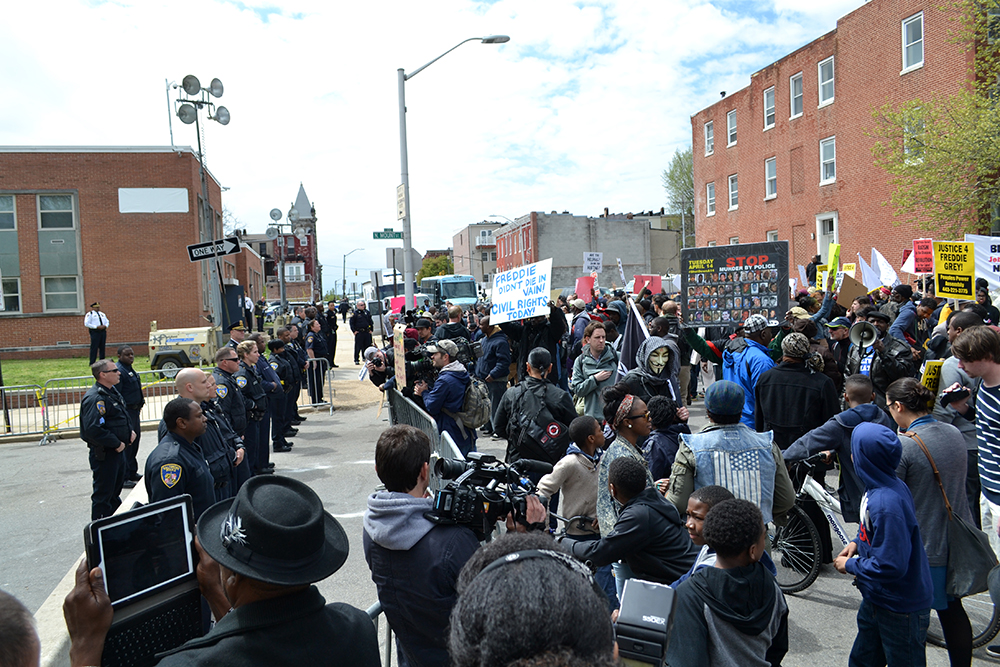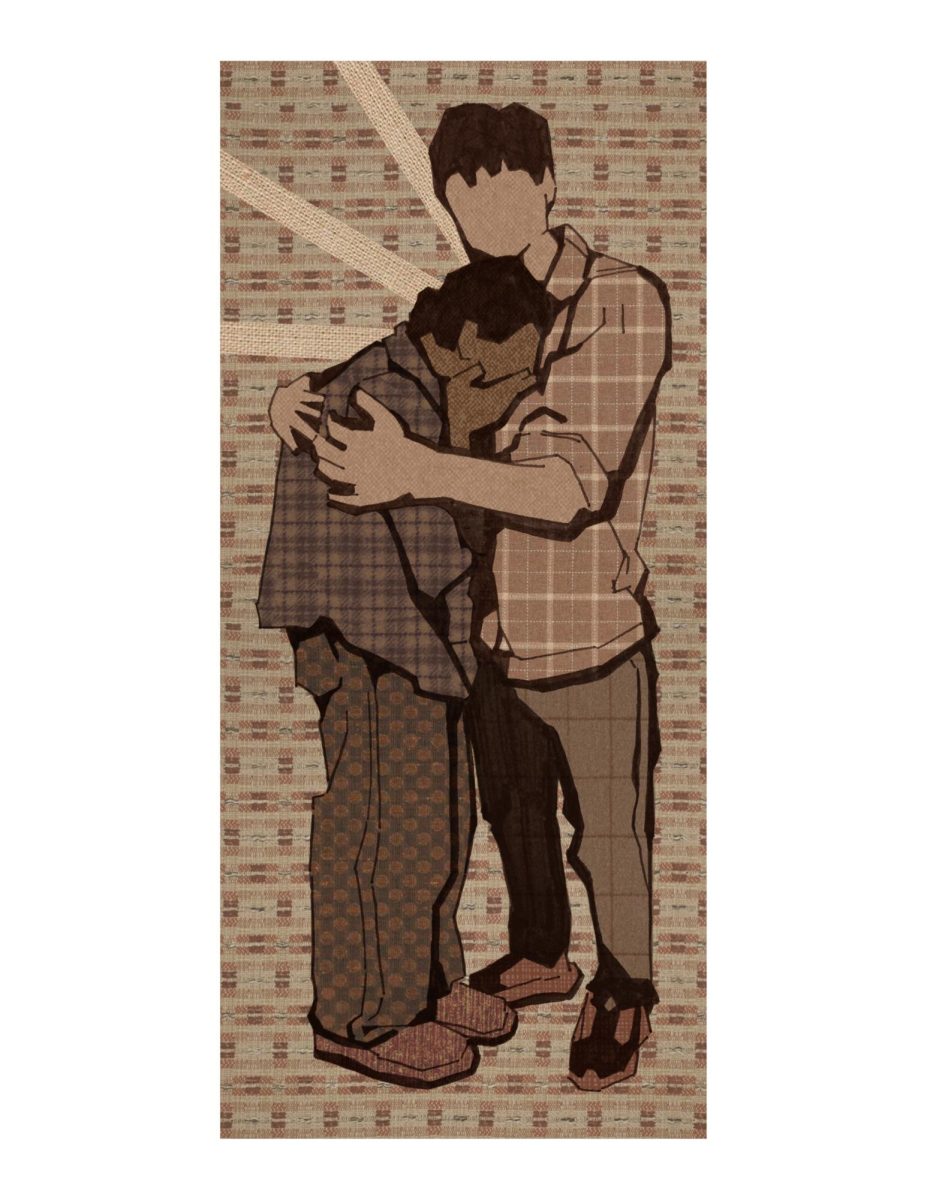The violence, arson and looting of the Baltimore incident have been widely publicized. Nevertheless, between the lines, the events in Baltimore speak about history, pain and a lack of love.
Addressing the Issues
Baltimore is not really about Freddie Gray. It is about the legacy of maltreatment of African Americans from slavery to today. It is about the marginalization of and disregard for the poor in the United States. It is about a legal and social system that is controlled by a minority and only benefits a minority. Unfortunately, these issues continue to only be either partially addressed or entirely denied, contributing to much of the chaos the U.S. is experiencing.
A Common Response
In the rioting we see an externalization of pain. The majority of the rioters and protesters in Baltimore are African American, and this group has developed a rightful sensitivity to incidences reminiscent of injustice and inequality. A common response to such incidences is rage. Dr. Kenneth Hardy describes rage as a complex emotional response to degradation, devaluation and suppression that accumulates over time. Rage is so much more than anger — it is not always explosive. Both the rioters and the protesters are enraged. However, they are coping with this rage differently — some through social activism and others through destruction. Yet, at the root of it all, what we are seeing is unprocessed and dismissed pain in a group of people.
The Disconnect
What is even greater is the spiritual significance of recent events. Baltimore is merely an example of how American society lacks love. It is easy to identify the lack of love displayed by the citizens and police in Baltimore, but how do you respond to events like the Baltimore riots? Did you say hate filled words, condone the violence, refuse to acknowledge the wrongs of all involved or were you indifferent? All of these actions are unloving, the latter being what Christians are most commonly guilty of. Indifference occurs as a result of being unable or unwilling to see the similarities between your plights and the plights of others. The less we are able to see how we are similar, the more disconnected we become and the more we work against God’s plan of reconciliation. It can be easy to fall into a pattern of indifference, especially when you feel disconnected from the problems of others by distance and/or group identification. Nevertheless, we as Christians are called to uphold the cause of the poor and oppressed, but not just the poor and oppressed abroad. If we cannot show love in our own nation, are we really able to show love to people in other nations? I encourage you to search your heart for indifference or other unloving behaviors.
The Real Battle
There is so much more in between the lines of every current event. As scholars, let us search for truth and fight for justice. Above all, remember the real battle is not against flesh and blood.







